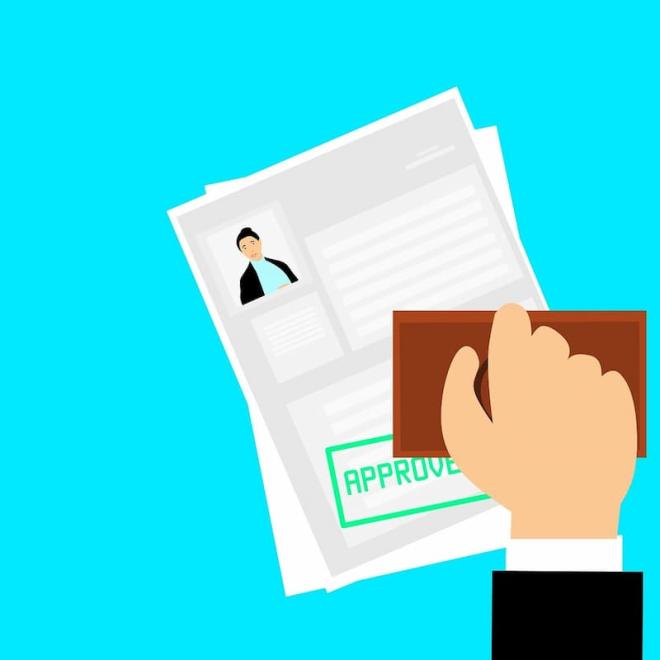
Top 5 tips for PIP
Recently, the UK government announced that it’s planning on tweaking the benefit system. It’s been put forward that the assessments for Personal Independent Payment (PIP) and Universal Credit (UC) will be adjusted.
Currently, if you are in receipt of UC you’ll have likely had a Work Capacity Assessment (WCA). Well, new plans put forward by the government will scrap this by 2026. Instead, the PIP assessment will be used to determine capacity to work.
The government has decided on the change, hoping to help people with disabilities into the work force. Right now, in the UK the employment rate for those of us with disabilities is only at 52.3%. With these upcoming changes in mind, I thought it’d be a good idea to talk about PIP in general.
Personally, out of the two assessments, I found the WCA the easier and, frankly, nicer than PIP. I went through my PIP process when it was still relatively new, as such, lots of the kinks had yet to be ironed out. In the end, I had to go to tribunal to dispute the outcome.
Nearly six years later and I’m still astounded by some of the stories I hear about the PIP assessment!
So, with the benefit system’s various assessments up for review, I thought it’d be a good time to go through some tips for the PIP assessment.
1. Get medical evidence
If you’re thinking about applying for PIP or the WCA, send off for your medical records. Odds are, if you have a long-term disability or health condition, you’ll have your medical records floating about. However, there may be something in your files you’ve forgotten about.
You can apply for your medical records by filing out an Access Request form from your GP. You can ask for medical forms from a specific time, or your whole history. The reason I say apply for them before you start your PIP application is medical history can take up to a month to be released to you.
And you only get one month to fill in your PIP form, although you can ask for an extension.
2. Ask for help
Most people’s PIP journey can impact their mental health. If you can, don’t go through the process alone.
Reach out to friends and family for support. There are some charities out there that can help with the process too.
If you can, it’s great to get another person who’s already been through the process to help. As they’ll know what to expect.
There are fourteen questions on the initial PIP form, all with subsections. So, take your time. You can write or type up your answers. You can even get someone to write them for you. These questions can feel super invasive, so it’s important to be kind to yourself and give yourself breaks in filling in the form if you need to.
I felt awful. It made me second guess everything I thought I was actually capable of. I appreciate why it has to be done, but it was really dehumanizing.
3. Be honest
PIP is there to help you get the support you need. But you won’t get it if you downplay your disability or illness. Base your responses on your worst days. It’s tough and can make you feel awful as it’s so normal to try and be positive all the time, but the more honest you are, the more likely you are to get the support you need.
If a person is preparing to apply for PIP, I always advise them to keep a diary if they can. This helps them spot patterns, and also helps identify how often their bad days are. You can also send a copy of this diary in as evidence.
4. Keep a record of everything
I mean everything!
The name of every person you talk to, what day you spoke to them on, and when. If you can, have someone with you when you’re on the phone with the Department of Work and Pensions (DWP), or having your assessments. Have them taking notes if possible, it’s even better if you can record your assessment.
This is for your own record, but also so you have your own account of everything if you need it.
5. Don’t be upset if you must go to a tribunal
Did you know… between June 2013 and September 2022, 37% of PIP decisions were appealed?
A lot of people don’t take their case further after a decision, frustrated by the PIP process. I promise it can be worth it, though.
A tribunal board consists of three to four professionals independent of DWP. There is also a DWP representative present. The professionals ask you questions and, based on your answers, the DWP rep, re-evaluates your score after a private discussion with the board.
68% of applicants that go to a tribunal hearing were awarded PIP. It’s worth fighting for yourself!

About the author
I'm Lauren. I'm a member of Active8 and a professional writer. I hope to use my first-hand experience with disability to empower others and spread awareness. You can follow my work on my website.
The small print made big
The Active8 blog is designed as a platform for our members and the disabled community to share their personal experiences and discussions which they are passionate about. Any views and opinions expressed are those of the writer and do not necessarily reflect the views of our charity.
To the best of our knowledge, the information in blog posts was accurate at the time of publication. Please contact the Active8 manager if you believe any content is incorrect or if you consider any content to be offensive or inappropriate: [email protected]
Where information in blogs has been taken from third party sources, every attempt has been made to give appropriate credit.
From time to time, writers may receive sponsorship, cash payment, free products, services and/or other forms of compensation from companies and organisations that they promote. Active8 will accept no form of payment for blog content or advertising.
Unless otherwise stated, our blogs (and any links they may contain) are not written or reviewed by medical professionals and do not provide health/lifestyle advice. They are not suitable for medical advice, diagnosis, or treatment. Any suggestions these blogs contain are based on the writer’s personal experience. Should you have any concerns about your health (including mental health) then we advise you should speak with your GP or consultant, in the first instance, or call 999 in an emergency.







